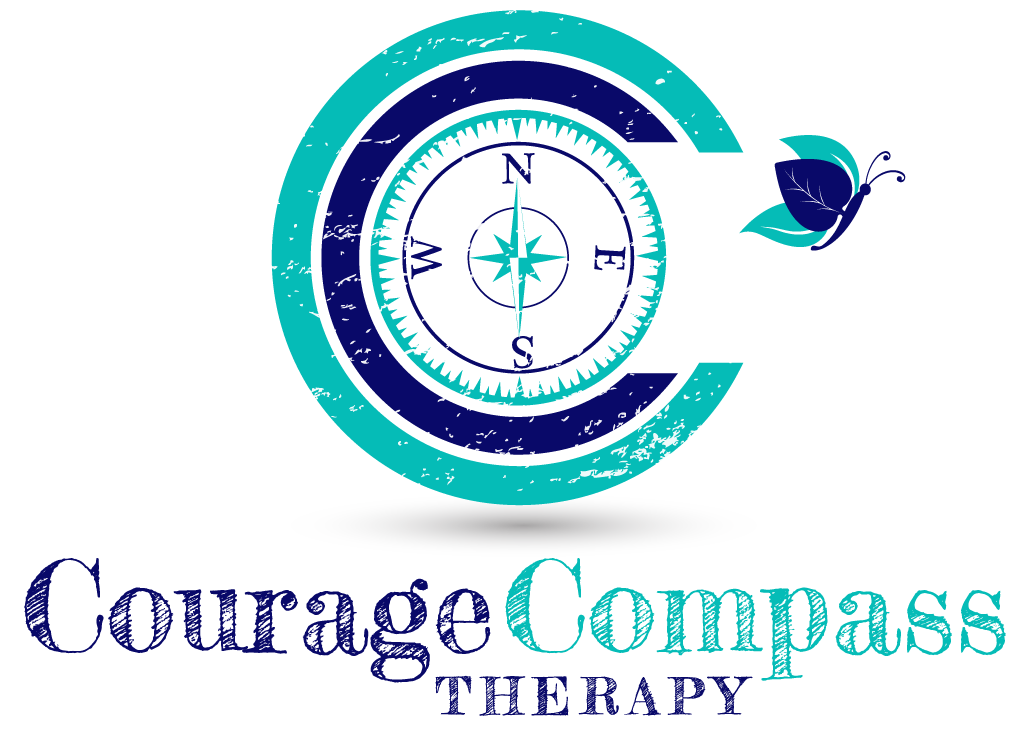When you eavesdrop on others’ conversations, or observe your own, do you notice a lot of interrupting or over-talking? (“I don’t mean to interrupt you, but that reminds me of….” or “Oh- I meant to tell you…”) While it’s common, habitual, and often overlooked, it can be detrimental to your connection. People can feel dismissed, unimportant, or slighted when they are cut off like this.
When we’re communicating, we all want to be heard; with people who interrupt, they may be doing this for a few reasons: they have an idea and may be afraid to lose the thought, they want to be heard and literally can't wait, or they want to make a certain impression. Additionally, people who experience attention deficit disorder (many adults are undiagnosed and think it's anxiety) have trouble with interrupting others. Do we all interrupt sometimes? Of course. We are imperfect and enough. But if this is chronic and compulsive, it can diminish trust and the quality of the relationship.
Listening is actually a crucial part of communicating with others and can be an asset for improving connection.
Here are some benefits of listening more closely:
Increased feelings of connection and closeness because the other person felt heard;
Improved feelings of trust as the other person will feel a sense of comfort
More information about the other person that can inform one's own decisions
A turn to be heard yourself more closely as you have provided time and space for the other.
Is it possible to break a habit of interrupting or over-talking?
Yes, it is possible with focus and determination. First, set an intention: what do you want to gain, or know as a result of listening in this interaction? If you're honestly not that interested in listening but have to, is there anything you learn by listening? If you focus on that, it will be easier to maintain attention, rather than planning your own responses or fighting impulses to interrupt. Starting a new habit or behavior takes commitment, motivation, and determination, as with anything.
What are some ways become a better listener to improve your communication and connections with others?
First, eliminate obvious barriers, such as:
Can you hear the other person?
Are you alert enough to be present?
Are you in the middle of something else?
Is their approach appropriate (not rude, aggressive, etc)?
We want to create conditions more conducive to listening. Despite these first tips being obvious, they may not be to everyone. Someone may not know they are speaking so softly. They may not know you're in the middle of doing something that requires concentration. They may not realize you're exhausted.
Remember that you are not obligated to listen just because someone wants to talk. You can say this diplomatically, such as "I'd love to hear your story, but I'm in the middle of this article for work. Can I come find you in a few minutes?" or "Can you speak up and speak more slowly? I would love to listen but when you're excited you tend to talk very quickly."
The therapeutic term for this is boundary setting. You can provide the space to listen more closely and attentively if your needs are also met. You could also say "I'm happy to talk about your issue with Dave at work, but can you hear me out on the kitchen renovation after that?" Or with a child or teen who may be more self-absorbed, setting a limit for how you will be able to listen is helpful, such as: when they can speak without yelling, whining, etc. This boundary demonstrates that you still deserve respect and can ask for it even if you are responding to their request to listen.
Ask the other person how they want you to listen. Yes, really, you can do this! You can say things like, "Are you wanting me to just listen, are you looking for advice, or are you looking for something else?" This helps you focus as a listener so you won't get distracted by thinking of solutions if the speaker doesn't want that. The relief and comfort that the listener can provide just by having a felt presence is extremely powerful and important for the relationship. Asking for what the speaker is asking you immediately provides an atmosphere of greater trust.
If you must interrupt, ask open ended questions to gain clarity, such as:
I didn't know that- where did you learn about that? How did you find out about ___? What else happened? What are you going to do? How are you feeling about that? These questions help the speaker feel heard as you are expressing interest and actually asking them to say more. You can also ask them if they're interested in what you have to say with questions like: Oh, I'd love to share my thoughts with you on that if you're open. Or, I'd love to circle back to that topic after you're finished your story.
As with most relationships, a balance between giving and receiving (reciprocity) is important. With someone who feels compelled to interrupt, it’s comforting to know that they will increase the likelihood of being heard after listening well. In this way, the listener has the power to create an emotional space that is warm, inviting, and understanding so that he or she can experience the same.
Communication is a huge part of what I focus on with clients while working to alleviate anxiety, as communication usually decreases or ceases when one is overly anxious. If this is something you experience, grab your free copy of Scripts for Effective Communication to start using right away. If you are looking for more guidance, check out my one day communication intensive Relationship Rescue to focus on building trust, safety, and connection through effective communication.

